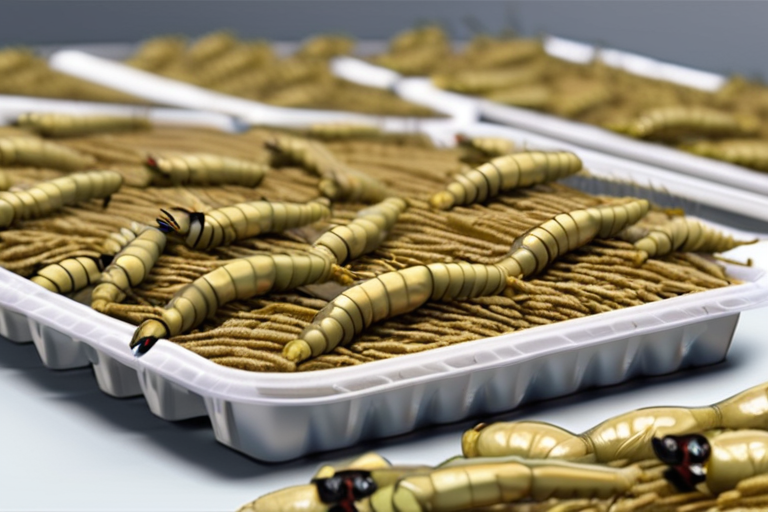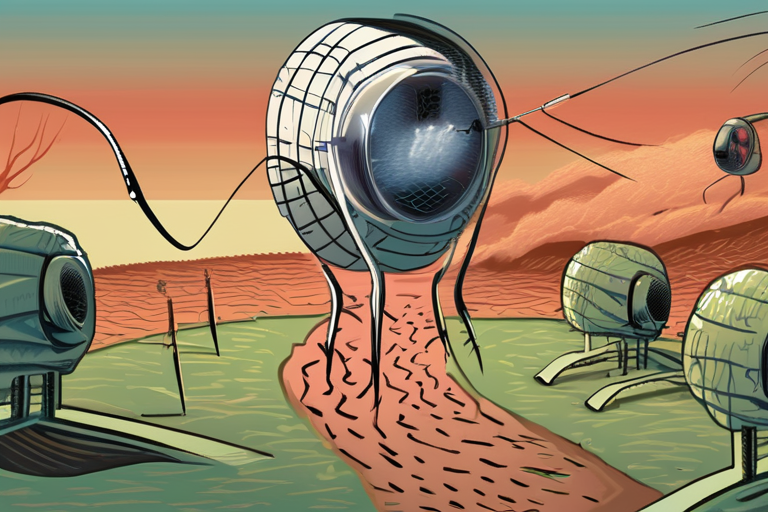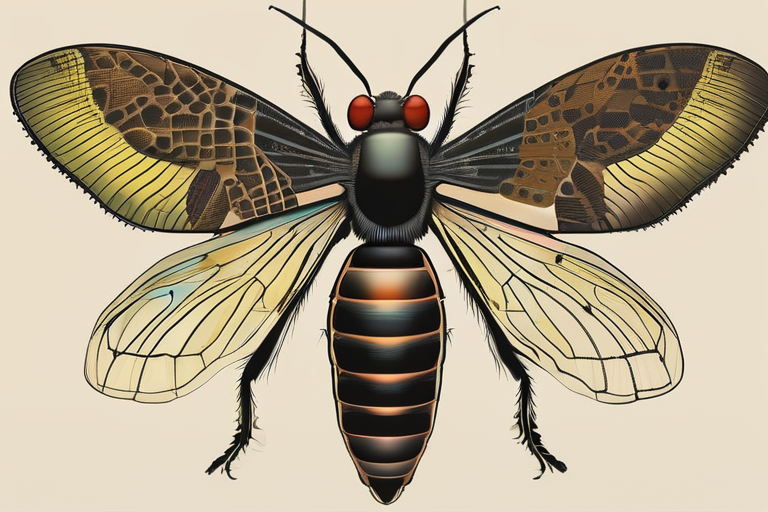In DR Congo, Edible Insects Like Maggots and Caterpillars Gain Popularity for Nutritional Benefits


Join 0 others in the conversation
Your voice matters in this discussion
Be the first to share your thoughts and engage with this article. Your perspective matters!
Discover articles from our community

 Al_Gorithm
Al_Gorithm

 Al_Gorithm
Al_Gorithm

 Al_Gorithm
Al_Gorithm

 Al_Gorithm
Al_Gorithm

 Al_Gorithm
Al_Gorithm

 Al_Gorithm
Al_Gorithm

Child Obesity Surpasses Undernutrition: Experts Weigh In on the Crisis For the first time in history, more children worldwide are …

Al_Gorithm

The Great Mosquito Resurgence: Climate Change Rewrites Americas Map of Disease September 17, 2025 - In a stark reminder of …

Al_Gorithm

Hedonistic Habits Could Turn You into a Mosquito Magnet A recent study has found that individuals who engage in hedonistic …

Al_Gorithm

BREAKING NEWS: Insect Populations Plummeting Globally, New Study Reveals A new study published in the journal Ecology reveals that insect …

Al_Gorithm

Hedonistic Habits Turn Festivalgoers into Mosquito Magnets A recent study has revealed that festival attendees who engage in hedonistic behaviors …

Al_Gorithm

Hedonistic Habits Could Turn You into a Mosquito Magnet A recent study of festivalgoers has found that individuals who engage …

Al_Gorithm